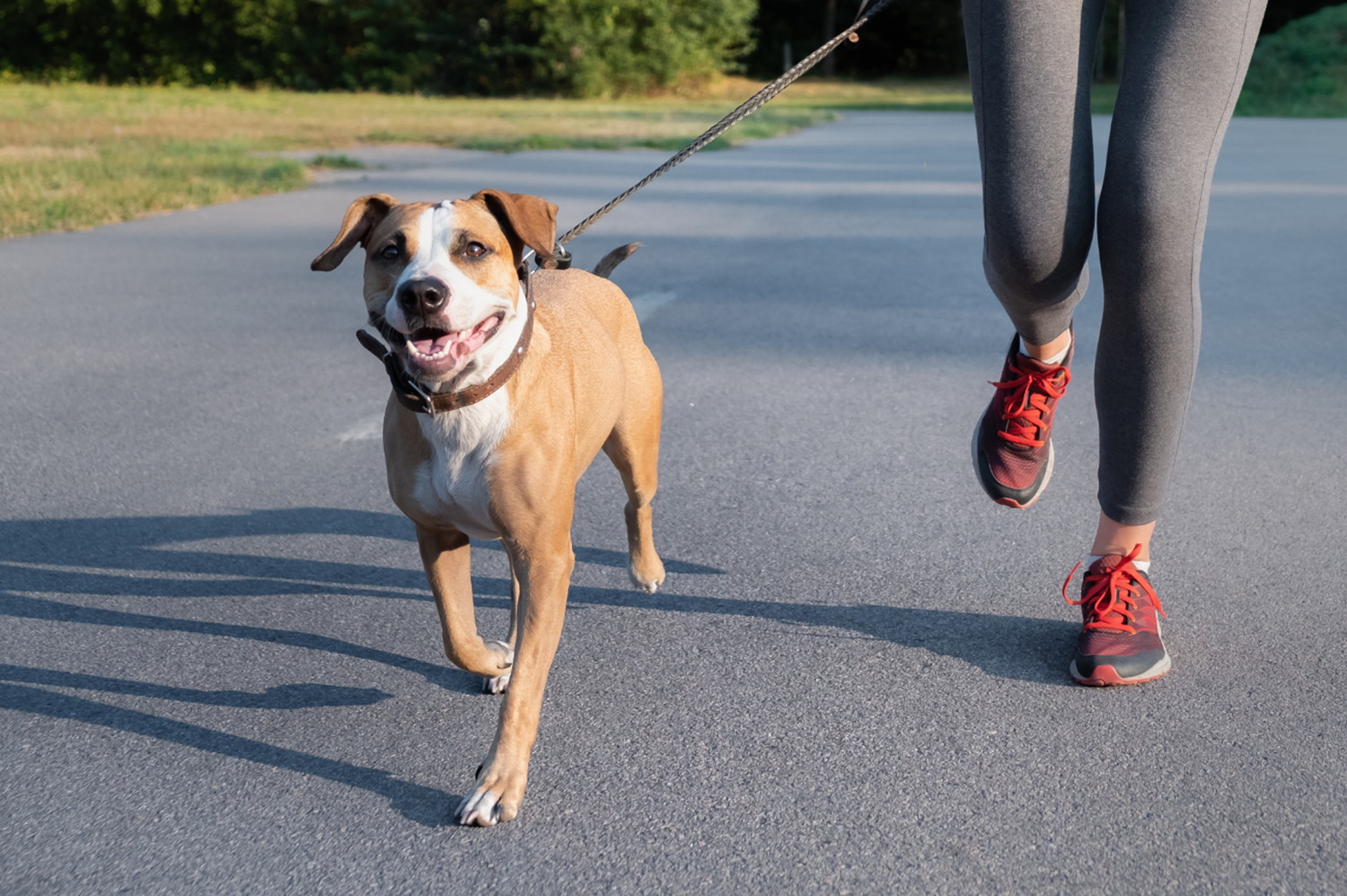Did you know that one out of every four dogs in the US is diagnosed with arthritis?
The numbers go up dramatically as dogs get older… in fact, dogs that are seven years of age or older have a 65% chance of developing arthritis!
But when it comes to arthritis, not all dog breeds are created equally… some types of dogs are far more likely to develop it than others.
Keep reading to discover which dog breeds are most at risk of developing arthritis and joint issues - and what you can do to protect your pet from this painful disease.
LARGE BREEDS
Larger, heavier dog breeds are more likely to develop arthritis and other joint issues, such as hip dysplasia. This is partly because more of the larger breeds tend to be work dogs and need a lot of physical activity, which places more wear and tear on the joints.
Larger breeds are also more likely to be heavier dogs, adding to the stress on their joints, and engaging in intense physical activity at a young age, before their joints have fully stopped developing. This further increases the likelihood of developing arthritis, dysplasia, and other joint issues later in life.
The large dog breeds that vets say are most likely to develop some form of arthritis are:
- Labrador Retrievers
- German Shepherds
- Alaskan Malamutes
- Golden Retrievers
- Great Danes
- Old English Sheepdogs
- Newfoundlanders
- Mastiffs
- Boxers
- Bloodhounds
- Rottweilers
- Bulldogs/Pit Bulls
- Chow Chow
- Samoyed
SMALL BREEDS
Some small breed dogs are also more prone to developing joint problems. This is often due to breeding issues or the shortness of their legs having to hold up a disproportionately heavy body. Dogs with longer spines relative to the size of their legs are also at risk of developing arthritis in the spine.
Small dog breeds that are particularly susceptible to arthritis and joint issues are:
- Pugs
- Daschunds
- Basset Hounds
- Corgis
OBESE DOGS
Regardless of the breed or size, dogs that are allowed to become overweight or obese are also at increased risk of developing arthritis and other joint issues. In fact, obesity is one of the main causes of joint problems in dogs. Overeating leads to inflammation and the excess weight puts even more stress on their joints.
HOW TO PROTECT YOUR DOG FROM ARTHRITIS
Just because your dog’s breed may be more susceptible to developing arthritis, that doesn’t mean it’s inevitable. By taking certain measures, you can reduce your dog’s chances of developing arthritis and greatly alleviate the symptoms of any existing joint conditions.
The first step is to make sure your dog eats healthy, high-quality pet food and gets plenty of exercise so that obesity isn’t a risk factor.
Another helpful thing to do (particularly if your dog is showing signs or is at risk of developing arthritis, or is a high risk breed) is to give your pet an all-natural health supplement that has been formulated to rebuild cartilage, alleviate joint inflammation, increase mobility, and keep your pet healthy and active for years to come.
Our recommendation is VetSmart Formulas Advanced Hip + Joint Complex which uses a proprietary mixture of green-lipped mussel, sea cucumber, MSM, glucosamine, and Vitamin E to restore movement, relieve joint pain, and help your canine companion feel years younger.
We have tested this formula with thousands of dogs and their owners have been blown away by the results, telling us that their dogs have regained their energy and playfulness and are acting like puppies again.
To read their testimonials and learn more about this powerful supplement, click here.
In the meantime, make sure your dogs eat a healthy diet and get enough exercise to keep their joints strong and flexible. By being proactive about your dogs’ joint health, you can greatly increase their quality of life for years to come.











